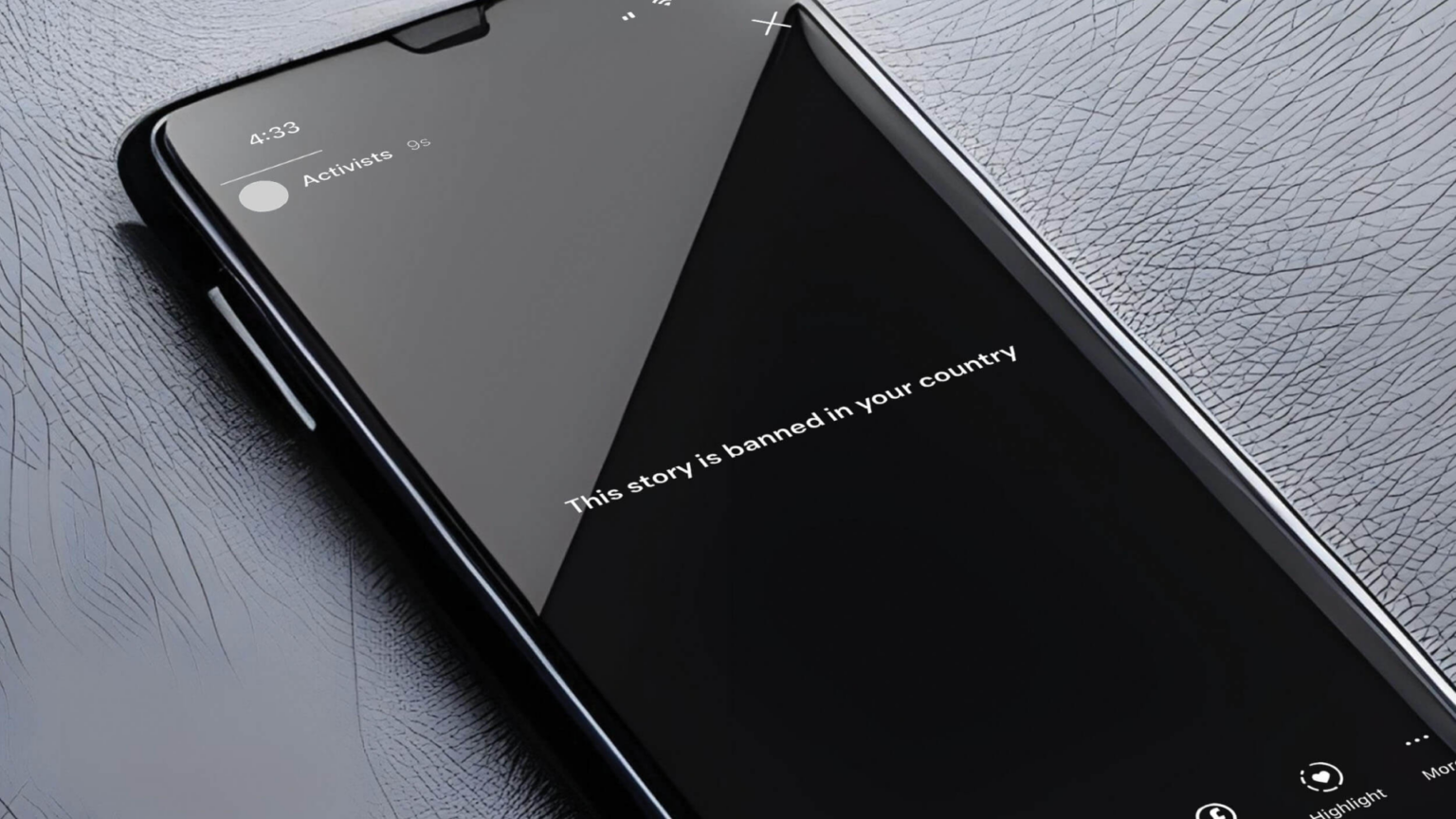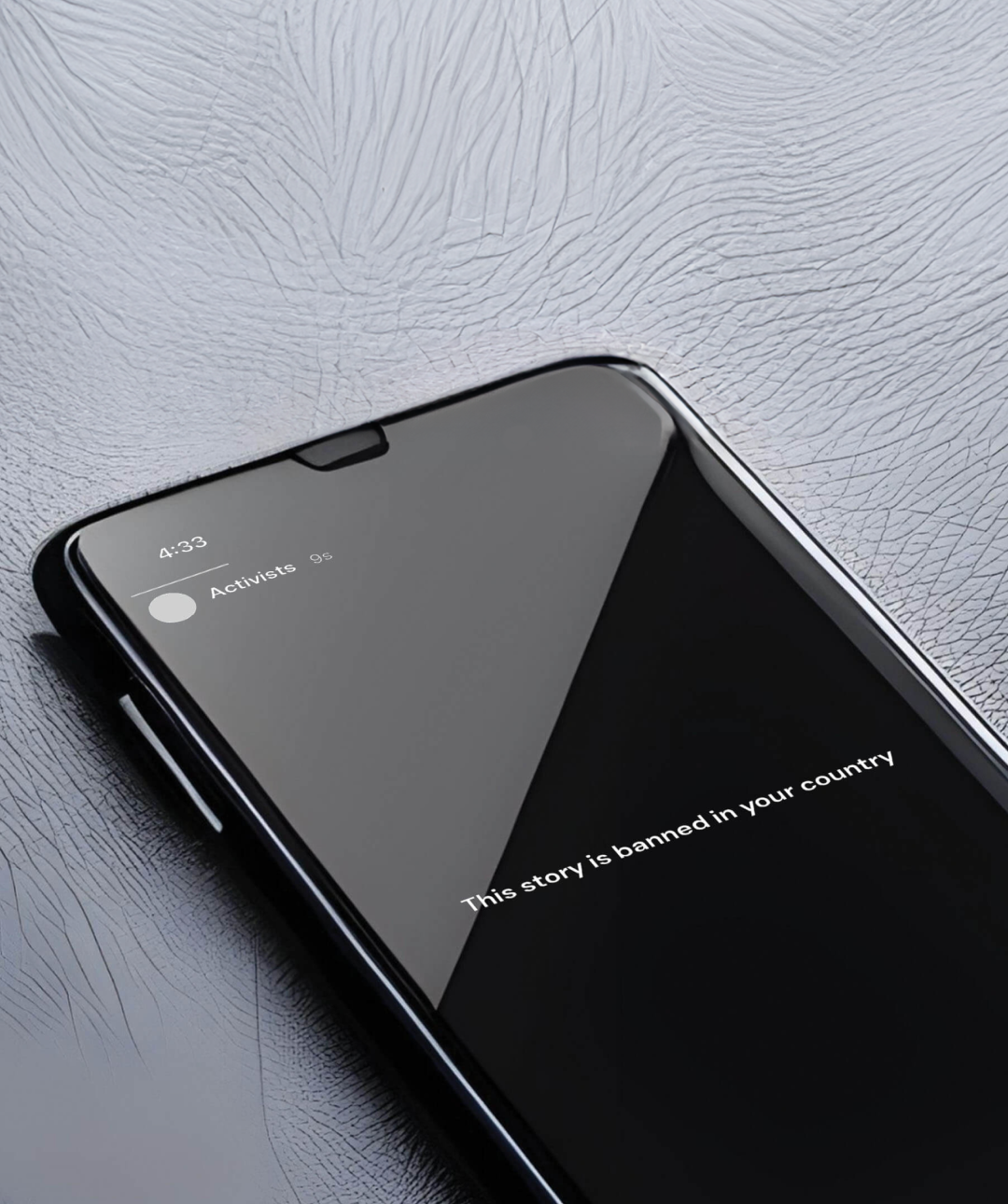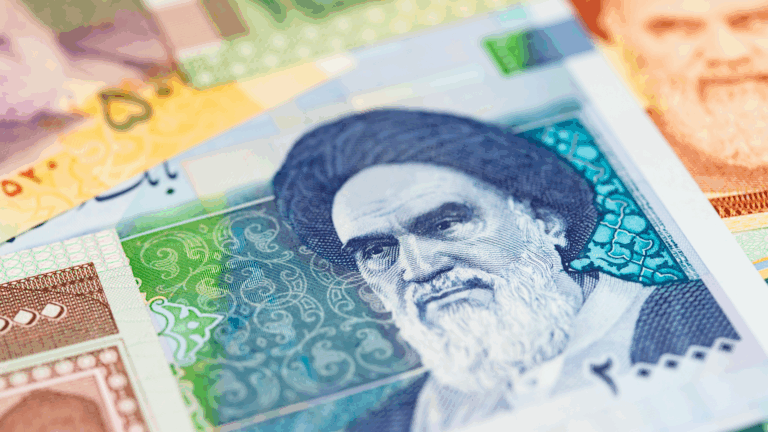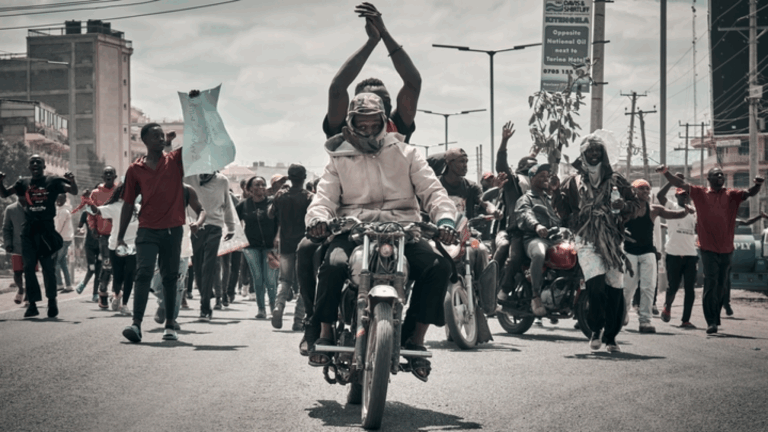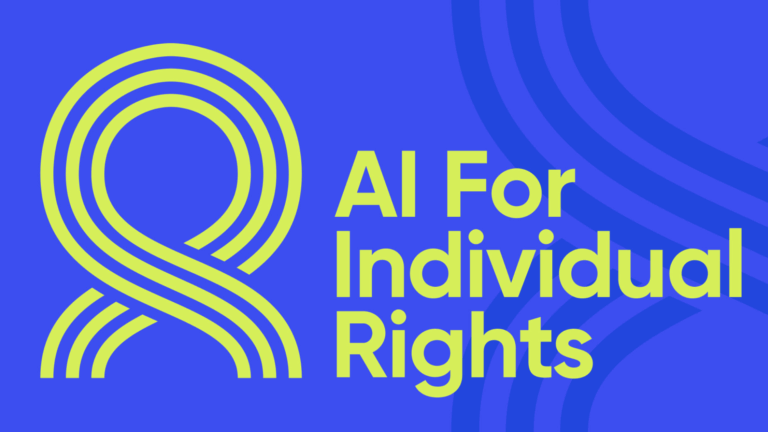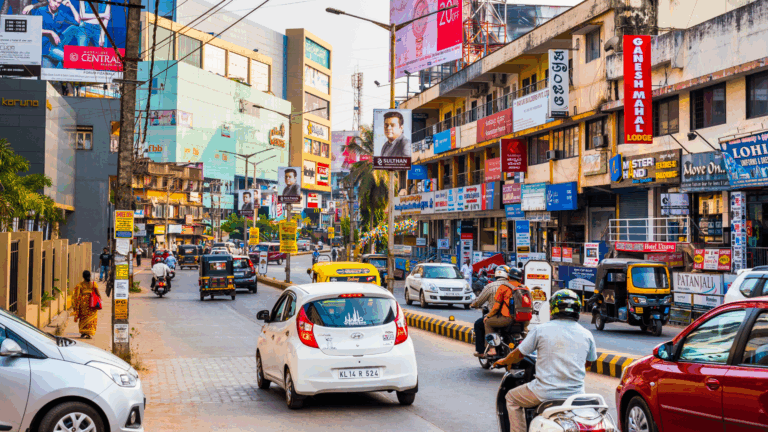By Felicity Salina
Authoritarian regimes have been increasingly creative in developing ways to control the digital space and the flow of information. Aside from jailing people for their tweets, monitoring accounts that uncover a regime’s misdeeds, and siccing cyber trolls on dissidents, they have also discovered the convenience of using intermediaries to censor. The message is straightforward: “Help us control social media or lose your business.” It is to repress by means of a proxy.
Repression by proxy can be done by enacting a “comply-first-evaluate-later” content takedown law. It requires companies to take down any content deemed illegal or offensive within stringent time limits and to do so without a court order, as is the norm. Failure to comply could result in the social media platform being exorbitantly fined, banned, or prosecuted. Essentially, these laws are designed to pressure social media companies into making knee-jerk decisions on takedown requests.
This method of content policing is not uncommon in democracies. In fact, it was Germany’s Network Enforcement Act (NetzDG) that inspired authoritarian regimes to make their own. In 2017, after Germany passed the NetzDG bill — against the backdrop of Facebook’s refusal to remove hate content against the country’s asylum seekers — Kenya immediately copied it. Except Kenya’s version requires removing any account used to spread “undesirable political content” on social media, wording not used by Germany. And while NetzDG was promptly amended to align it with speech rights, Kenya’s remains unchanged.
Then, a chain reaction ensued. From Venezuela to Vietnam, authoritarian regimes started putting their spin on NetzDG. They broaden the scope of prohibited content, remove key appeals procedures, and enable the regime itself to issue takedown complaints. In Thailand, a ministerial decree passed last year, requiring social media platforms to remove content that offends the monarchy within 24 hours of a report by any Internet user or the government. The decree designates the Ministry of Digital Economy and Society to handle appeals filed by affected users — the same ministry that created the decree — rather than a competent judicial authority.
The reliance of autocrats on “comply-first-evaluate-later” laws is doubly problematic as they don’t heed public outcry. In India, the United Kingdom, and France — all widely regarded as democracies — fierce criticism prompted the governments to partially suspend, revise, and declare unconstitutional their respective instruments. Even Germany’s is now on hold. In authoritarian countries, the laws are operating at full tilt.
In Russia and Iran, a different method called “grounding” is being used. In mid-2021, both countries introduced new bills that require foreign service providers, including social media platforms, to set up legal entities in their respective jurisdictions. This enables the regimes to control their operation, including censorship policies, and intimidate them with much more ease. By February 2022, Russia had warned major platforms, including Meta, Twitter, and TikTok, they must comply with the law lest they incur economic and administrative sanctions, including a ban.
Turkey beat Russia and Iran to the punch when it amended its media law in 2020 to ground social media companies with over one million users in the country. They must also locally store data on Turkish users and, akin to the laws in Kenya or Thailand, remove content within 48 hours of receiving a request from individual users. Additionally, Turkey holds a spot among countries that have served social media companies with the most takedown requests. This is another example of repression by proxy: issuing direct demands for content to be scrapped, either individually or in bulk.
According to Twitter’s latest Transparency Report, in the second half of 2021, Turkey accounted for 9% of the global takedown demands, the fourth-largest globally. The digital activist community Global Voices pointed out that Facebook, Twitter, and TikTok have all been abetting President Recep Tayyip Erdoğan’s administration by removing the accounts and censoring journalists and those who expose state-linked crimes ahead of the June election.
But companies are fighting back. For example, after being slapped with a lawsuit by Thailand’s Prayut Chan-o-cha for failing to comply with takedown orders, Twitter and Facebook banned over 1,000 accounts affiliated with the Thai military-sponsored disinformation campaign. Facebook also announced it would be taking legal action against the government for forcing it to take down Royalist Marketplace, a two-million-strong group critical of the Thai monarchy.
Repression by proxy presents an unprecedented dilemma in a world where the digital space has cleaved into the physical. On the one hand, current pushback by social media companies has done little to prevent despots from further bullying companies into submission. The reality remains that in the majority of cases, companies pander to powerful politicians with vested interests. On the other hand, in the face of dictators, pushback is risky business; when hostile regimes retaliate by banning platforms, millions of people lose key channels to communicate and advocate for their freedom and democracy.
This dilemma does not mean that our hands are tied. Autocrats also know the hefty cost of banning social media. It has caused hundreds of millions in economic losses in Russia, Nigeria, and Burma. Bans may not prevent people from mobilizing; they can spark even more resistance in the population and is, therefore, not a sustainable way to maintain power.
For social media companies, engagement with civil society may be the best alternative to fight back. Activists and rights groups have proven effective in litigating against repression and pushing for reforms at both the domestic and international levels. For instance, an application led by the #KeepItOn coalition of civil society organizations successfully prompted a West African top court to pronounce that a Twitter ban imposed by Nigeria in 2021 was unconstitutional. Nigerian officials had previously cited “misinformation” problems to justify the ban and only lifted it after Twitter agreed to establish a legal entity in Nigerian jurisdiction. The regime then yielded to civil society pressure and vowed to keep social media running “before, during, and after” the general election in February this year.
The bottom line is that companies are not all out of tools to influence political decisions. The time has never been better to use those tools.


